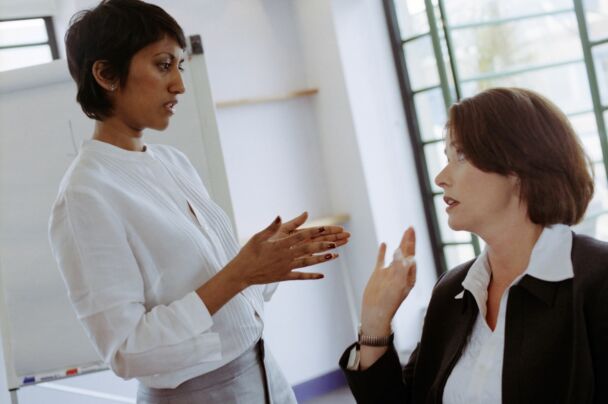Description
School communities are buzzing with personalities, beliefs, social norms, and mindsets… such a variety is often stimulating and productive but can also originate conflict.
Unresolved or poorly managed conflict can generate higher levels of job stress and burnout among staff as well as escalating aggression, school phobia, and early school leaving among students.
At the same time, a natural part of any group dynamic, conflict offers precious opportunities for developing self-awareness, social awareness, emotional self-regulation, leadership skills, and democratic values.
The course is intended for all members of the school community, particularly non-teaching staff, who want to work through conflicts constructively and safely with evidence-based methods.
It aims to provide to the participants with the knowledge, tools, and practical strategies to develop an effective conflict-resolution toolkit, and a renewed feeling of purpose in their professional role.
Participants will experiment with a variety of strategies involving conflict mediation, non-violent communication, and role-plays.
By the end of the course, they will feel empowered to support others (students and educational workers) in their relational tension and to increase school-wide trust and well-being, as well as greater self-efficacy and work satisfaction.
What is included
Learning outcomes
The course will help the participants to:
- Acknowledge the development opportunities hidden in conflict;
- Recognize the emotions active behind the conflict;
- Create space for self-expression and communication;
- Apply the fundamental principles of Non-Violent Communication;
- Manage conflict in unpleasant situations.
Tentative schedule
Day 1 – Course introduction
- Introduction to the course, the school, and the external week activities;
- Icebreaker activities;
- Presentations of the participants’ schools.
Conflict is inevitable but not a curse
- The Overlooked Agents of Change: school staff!
- Sharing and comparing across schools.
Day 2 – The Why, Where, When, and How of conflict
- Examining the sources of stress and the places where it gets expressed is the first step in becoming pro-active;
- The emotions and thoughts behind conflict and how they drive behavior;
- De-escalating and creating space for conflicts;
- Preventing conflict and having a plan.
Day 3 – Tools when emotions run high
- The basics of Non-Violent Communication;
- Emotional management for you!
- Guiding the conversation: diffusing conflict and mediating effectively.
Day 4 – Conflict as a community builder
- Cooling off reactivity with preventative tools: mindfulness, self-regulation games, self-expression;
- Restorative practices when things go wrong;
- Taking responsibility without losing Face: a life skill.
Day 5 – Feeling empowered to bring it back home
- Taking care of yourself when stress gets high;
- What you want to leave, what you want to take home;
- Closing group activities and certificate ceremony.
Day 6 – Course closure and cultural activities
- Course evaluation: round-up of acquired competencies, feedback, and discussion;
- Awarding of the course Certificate of Attendance;
- Excursion and other external cultural activities.







